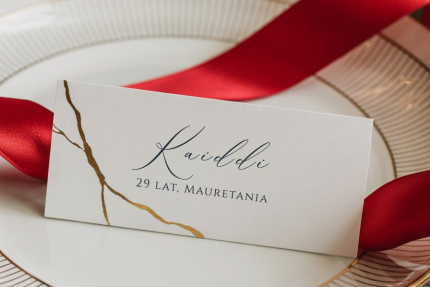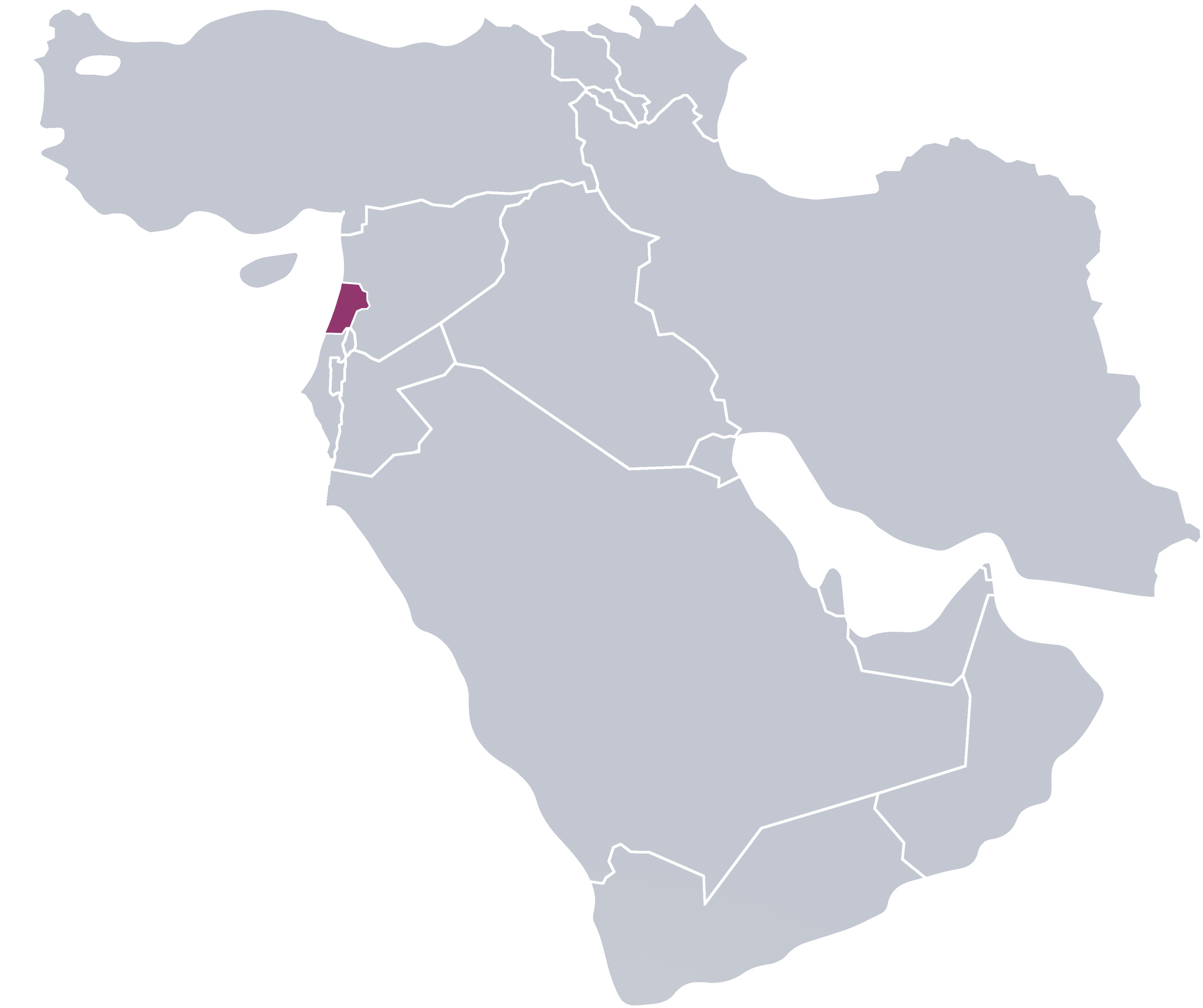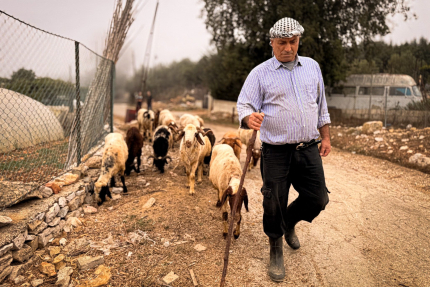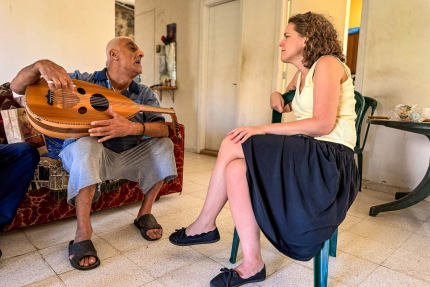“When the chickens go quiet, it means the sun is setting. The sounds from the farm next door are enough to tell exactly what time it is,” explains Charbel.
Together with his brother, Doumit, he moves carefully around their small back room behind a vegetable shop. In the middle stands a sturdy cast-iron stove that keeps them warm in the winter. This is where they sleep, eat, and spend their days. They know every bend in the walls, every uneven patch on the floor, and the texture of every piece of furniture by heart. Both have been blind for over half their lives. A genetic disease plunged them into darkness at about the same time—30 years ago.
From then on, they looked at the world through their sister’s eyes. She helped with shopping, prepared meals, tended the garden, and ran the small vegetable stall. Three months ago, she died. Darkness fell once again.
“Blind eyes cry too. In fact, that’s about the only thing they’re good for now,” says Charbel. “I have no dreams. Maybe just one—to finish this life with dignity. Nothing else. I don’t even dream at night anymore, because over time the darkness reaches your imagination too.”
Charbel opens the door to the yard, grabs the smooth, well-worn wooden stick standing by the frame, and invites us for a walk in the garden. Built in terraces on the steep slopes of a Lebanese hillside, the greenhouses could be a trap after dark for anyone—except their owner. Charbel knows every stone here. He knows when to lift his foot to avoid tripping over the watering hose. He knows the edges of each stone terrace. Every morning he feels the tomatoes on the vine. He can tell when they’re ripe because their scent suddenly changes. Charbel is brave and independent, but neither he nor his brother could manage the garden and shop without help.
They hired Jamal, a refugee from Syria. He fled to Lebanon when he could no longer bear the bombs falling around him. Now he tends the garden and nurtures his gratitude for being somewhere no one is shooting at him. He knows this is not just a job. He has become like family. He knows the blind brothers cannot do anything without him. But he also has a daughter who should start school in Syria in September. Things have calmed down there. They want to go back. Charbel and Doumit can’t forbid him to return home, but Jamal’s decision is another heavy blow.
There is still Dr. Harouny—the brothers’ last lifeline. They brighten when we mention him. Charbel’s voice trembles with emotion as he praises the doctor’s presence, though there’s a hint of fear. “So many people have left us already. If we lose him too, that will be the end for us.”
Both brothers are ill. They can’t afford medicine. They keep the shop open to feel useful, but the income is tiny—nowhere near enough to escape the poverty they’ve sunk into since the Lebanese crisis began. Sometimes neighbors bring them hot meals. Out of concern, they make small purchases at the shop. Dr. Harouny visits Charbel and Doumit regularly.
Their most urgent worry right now is medicine for ulcerative colitis. Without it, Charbel’s condition will get worse every day until it leads to an obstruction and yet another tragedy.
Before going to bed, Charbel moves among the shop shelves, putting everything back in its place so his brother can find it in the morning. Neither of them wants pity. They just need good people around them who will help fulfill that one last wish—to never lose their dignity.





